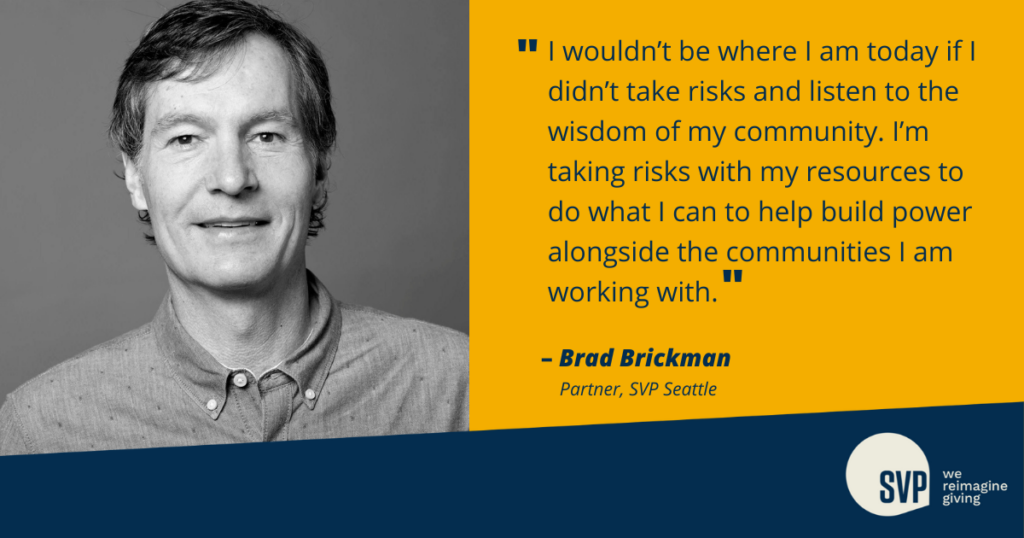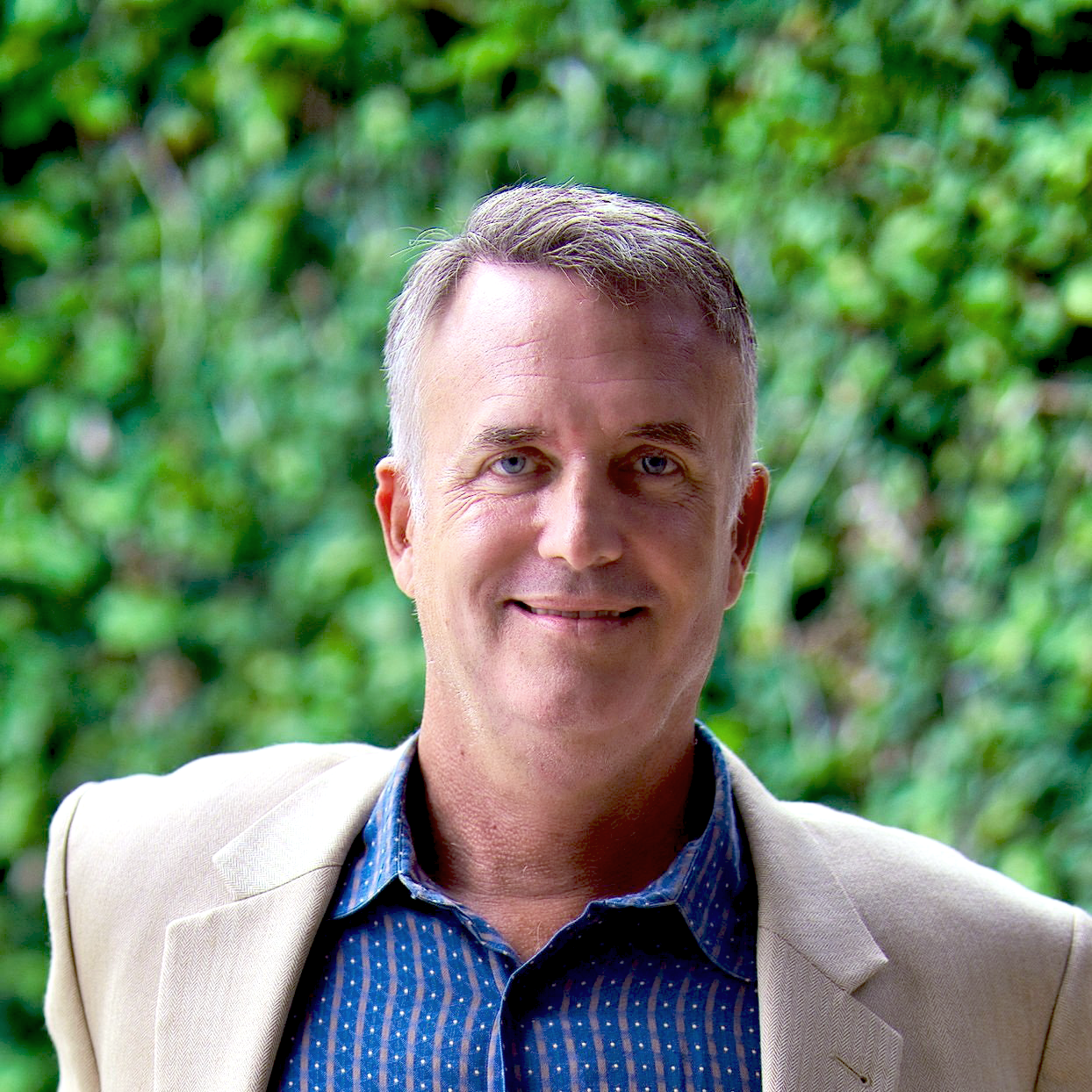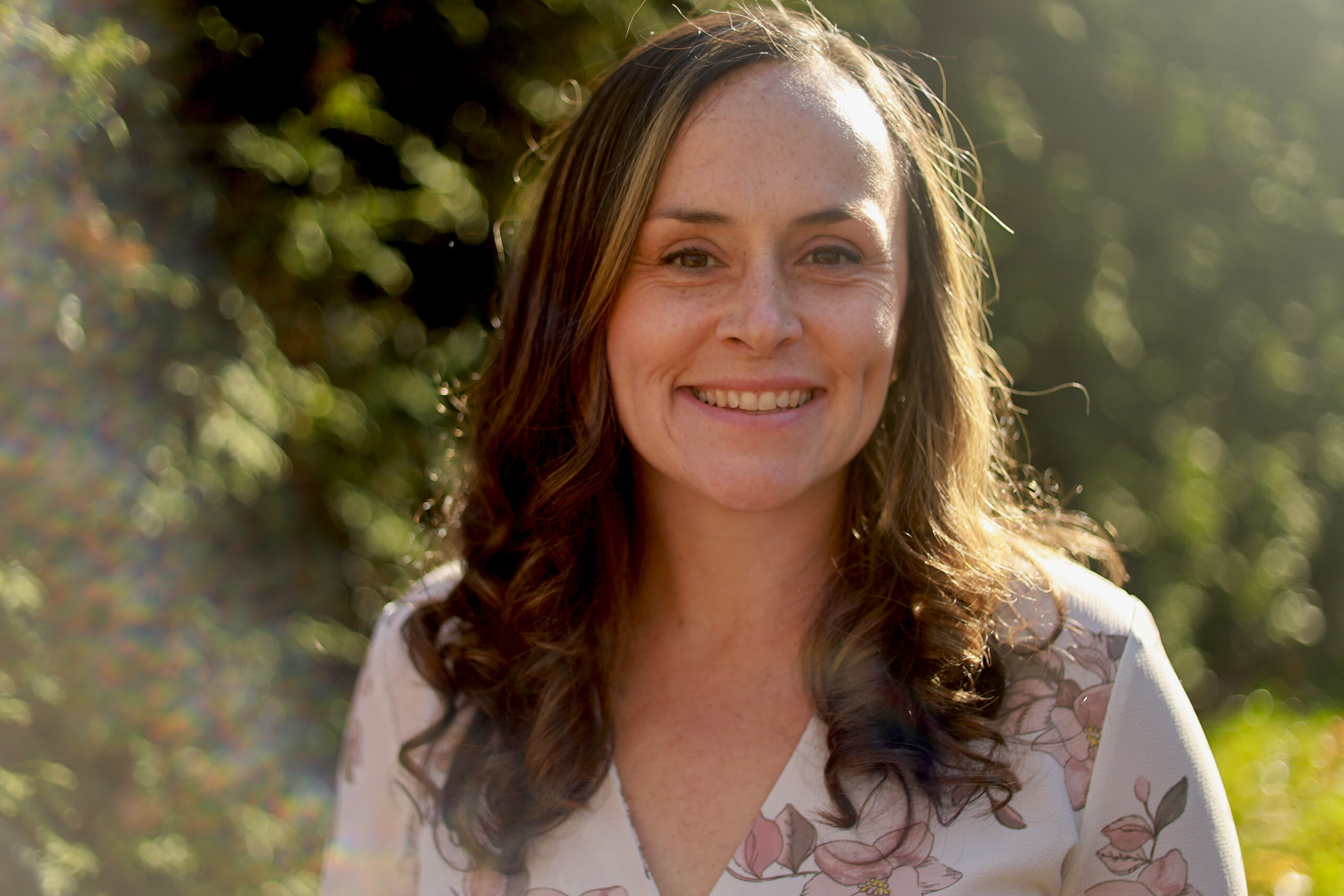Brad Brickman, SVP Seattle
Brad became a Partner of Social Venture Partners Seattle in 2011. He’s passionate about the organization’s accountability circles for community building and social justice investing.

What interested you in joining SVP? What are you most excited about as a part of this global initiative?
My first experience back in 2010 was a big SVP event. Four partners talked about the nonprofits they were engaging with and leading. I realized that this was a serious endeavor because there was serious work to do. Since then, our roles have continued to evolve, both individually and as an organization.
What does collective action mean to you?
I’ve learned a lot from the other networks. SVP Seattle has taken on racial equity as an intersection of a lot of our work now and it’s been a challenging journey that we’ve been on for seven years. We’ve learned from other networks about how their funding models have changed to enable collective action and to be closer to the community we are working with. When we think about collective action, our roles as lead partners have evolved. We need to not only collaborate with the organizations, but also bring other funders and donors into the network. Reaching out to the community is important. So is sharing our stories with others within our networks so that they can join this collective work that is so important.
How do we make sure that we are accountable to our communities?
Accountability to me means working in a collaborative environment and bringing forward ideas. In my early days at SVP, I learned to listen to other voices and be willing to learn and be humble. To be accountable, I had to build relationships and be someone they could trust.
Building trust takes time, effort, and an exchange of moments. It’s important to let go of a transactional mindset and focus on cultivating relationships. Working hard to understand others, and being heard in return is key. It’s a journey, but one worth taking.
What changes have the three values of accountability, community-connectedness, and collective action brought to your approach to philanthropy? Why do you think it’s important to be a philanthropist in this network?
I’m fortunate to be part of a large network at SVP Seattle that understands each other, and we have the skills necessary to create a network of better philanthropists. Through these values, I have learned a lot!
In Seattle we have been able to build on projects that have been going on for 7 years and are no longer part of SVP officially — they’re now their own organization! We have circles of 7-8 SVP partners that are now collaborating to get this organization to a place where they can have democratic control. It’s amazing to give the community a fund that they can control and make decisions on how to invest that money for their benefit.
In Seattle we are looking to collaborate with other organizations and bring in more resources to break down a scarcity mindset. We have started funding collective action initiatives too, which allows us to move money quickly and fund multiple organizations together to achieve their shared vision.
Finally, we’ve also been working to expand our network, finding other philanthropists and helping them learn. These are tough conversations that require a lot of effort. As a board member, I have learned this and enjoyed the work, even though it can be challenging. It’s been exciting, and I’m glad to be a part of SVP.
If you weren’t at SVP, how do you believe your approach to collaborative giving would be different? Would you have stayed with your original approach or adopted different values?
I wouldn’t be where I am today if I didn’t take risks and listen to the wisdom of my community. I’m taking risks with my resources to do what I can to help build power alongside the communities I am working with. We all should consider what more we can do to help, take risks, and put our resources in a place where people can find a sense of fulfillment.


